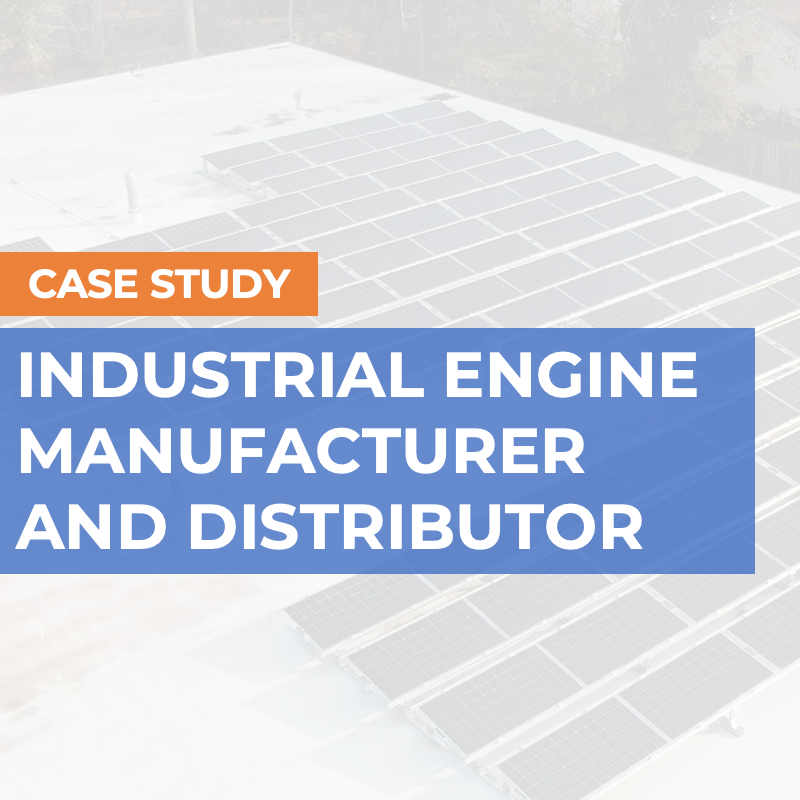COMMERCIAL SOLAR INCENTIVES
Upfront installation and system costs are no longer prohibitive with these lucrative commercial solar incentives.
Leverage Tax Incentives to Pay for Your Solar Project
If you’re a business owner and you’ve been considering commercial solar, you might be hesitant because of the upfront costs. Thankfully, there are multiple of tax incentives available right now that can drastically reduce your overall investment in commercial solar. In fact, some businesses have even become cashflow positive or seen a return on investment as quickly as one year thanks to these incentives.
FEDERAL SOLAR INCENTIVES
Solar Investment Tax Credit (ITC)
The ITC is a significant tax incentive, covering 30% for your commercial solar installation. This makes the ITC one of the most attractive incentives to getting your commercial solar project paid for.


Solar Renewable Energy Certificates (SRECs)
SRECs can be traded, priced, and sold on a commodity market and are stored in customer accounts through SREC tracking systems. SRECs bring renewable energy generation into economic viability by creating value from energy production that is not delivered via the traditional power grid network.
The REAP Grant
Is your business a small business, agricultural producers, and/or non-profit organization? Then the REAP grant is an excellent incentive to take advantage of. who install commercial solar systems.


Deprecation Tax Bonus
Depreciation is common tax write off, but the bonus offered to businesses switching to solar can drastically reduce your upfront costs and accelerate your time to ROI.
Deprecation Tax Bonus
Depreciation is common tax write off, but the bonus offered to businesses switching to solar can drastically reduce your upfront costs and accelerate your time to ROI.

STATE SOLAR INCENTIVES
Many states also have their own programs, which can provide even more generous rebates and tax breaks. When you combine both federal and state incentives, you have the potential to offset the entire cost of your solar installation. As a result, it's definitely worth looking into both sets of incentives before making a final decision.









